In the past, I’ve described Jon McGregor as a writer who brings out the strangeness in the everyday. Thinking about it, he also writes powerfully about trauma. Both of these aspects come together in his new novel – though at first glance, Lean Fall Stand may seem something of a departure for him, not least because part of it is set in the Antarctic.
In the first third, three men are on a research expedition: newcomers Thomas Myers and Luke Adebayo, and veteran field technician Robert ‘Doc’ Wright. When we meet them, they’re in trouble, separated and disoriented. Caught in a snowstorm, Thomas observes that what he’s heard from other people couldn’t prepare him for the reality:
He had heard this described as like being inside a jet engine. As though people knew what being inside a jet engine was like. People said these things, but the words didn’t always fit.
This is the first example of a key theme in Lean Fall Stand: the difficulty of capturing experience in language. Nevertheless, McGregor’s prose often evokes a visceral reaction in me. Towards the end of the Antarctic section, Doc’s viewpoint breaks apart, and it’s harrowing stuff:
He was the assistant. General. The technical general assistant. He was required to assist. He was required to take action. He had the experience required. He moved towards the radio. He went over on his weak right foot and hit the floor hard. He floored the numb faceness of his raw. No. Rawed the rub. The rum. The nub.
What’s happened here is that Doc has had a stroke. The second part of the novel is told mainly from the viewpoint of Doc’s wife Anna, who finds herself forced to adapt to a new way of living. This is reflected in the prose: at first, pieces of calm language from the hospital lodge themselves in the narration (“It’s Robert. It’s your husband. A bit of a stroke. We need you to.”) Later, the repetitive routines of care start to take over:
She had to get some food into him before his blood sugar dropped too low. She had to leave him in the armchair while she went down to the kitchen, and she had to make him promise not to move. She had to listen out for any crashes or noises whilst she sliced an apple, and spread toast, and made tea. She had to ignore the phone while she ran the breakfast tray upstairs. She had to cut the toast into small pieces so he could eat it.
We also see the laborious process of Doc’s recovery. The stroke has taken away both of the couple’s old lives: Anna, an academic, is ostensibly being “kept in the loop” of her old job, but it’s not hard to see that she’s being pushed outside of it. Doc is now Robert full-time, gone from being the person who tells others how to handle the Antarctic, to someone who’s no longer in control of even the basics.
Robert’s attempts to regain speech are particularly significant, because he’s the only person who could explain what happened out there. Thomas didn’t make it back from the Antarctic, so there has to be an inquest, which needs Robert’s testimony.
In the final part of Lean Fall Stand, Robert attends a speech therapy group (much of this is seen from the group leader’s viewpoint, to whom Robert can only be the person in front of her, not the person he was). At this group, Robert is able to rebuild his experiences into a story and an identity that he can assert for himself.
Lean Fall Stand is an appropriately jagged novel, in terms of its language and its structure. Not every thread gets a full ending, but then this book is all about imperfect recollections and lives made patchwork. It’s another fine piece of work by one of my essential writers.
Published by Fourth Estate.
Read more of my reviews of Jon McGregor’s work here.
Like this:
Like Loading...

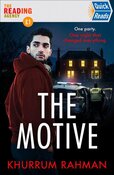
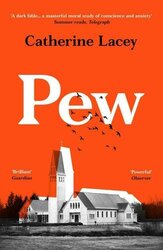
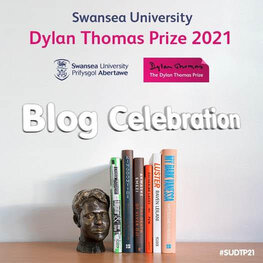
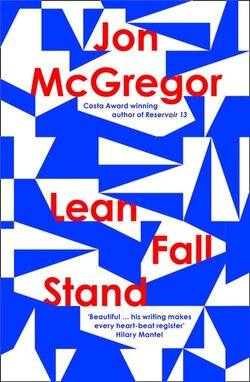

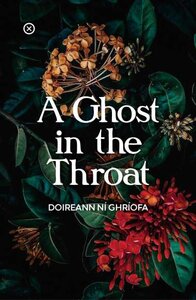
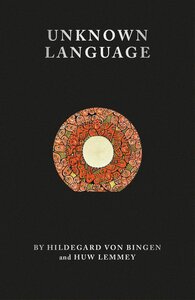
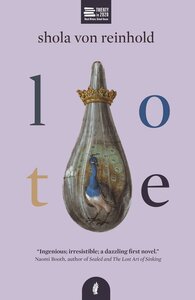
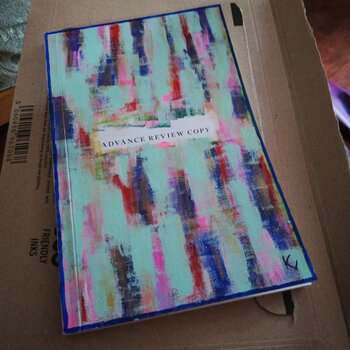

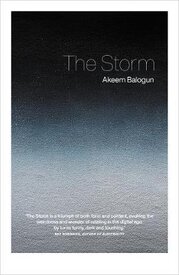
Recent Comments